- AI
- A
Life After Achieving AGI: Total Happiness or the Decline of Civilization?
Imagine a world where machines not only follow algorithms but think, learn, and create on par with humans—perhaps even surpassing them. This is the world of Artificial General Intelligence—the very hypothetical threshold after which AI will reach cognitive abilities comparable to those of humans. The dream of futurists and the nightmare of skeptics, AGI promises a revolution rivaled in scale only by the invention of the wheel or the mastery of fire. But where will this tectonic shift lead us: a golden age of universal well-being or the decline of human civilization?
What do AI creators say?
The uncertainty of the future with AGI sounds frightening, even in the statements of the pioneers of this field
Demis Hassabis, CEO of Google DeepMind, looks to the future with cautious optimism. He believes that AGI can help us tackle global challenges, whether it's incurable diseases or climate change. However, he also acknowledges: we are stepping into entirely uncharted territory. According to him, AGI will become a "defining epoch" technology, similar to electricity, and will fundamentally change the very fabric of human life
At the same time, Hassabis calls for the utmost caution, noting that AI today is already "on the verge" of creating tools capable of causing irreparable harm to civilization. He is convinced that before true AGI arrives, we will have to do a tremendous amount of research, and for now, "no one really knows" when the next qualitative leap to superintelligence will occur
Yann LeCun, chief AI scientist at Meta and one of the "fathers" of deep learning, also speaks with caution, and at times outright skepticism, regarding the imminent arrival of AGI. He strongly emphasizes: no matter how impressive current neural networks may seem, they are still infinitely far from the human level of understanding the world, common sense, and the ability for long-term strategic planning
LeCun believes that creating true AGI will require fundamentally new scientific breakthroughs and likely many decades of hard work. Moreover, he questions the very concept of "general" intelligence as we envision it, reminding us that the human mind is essentially an orchestra of many specialized cognitive tools
Dawn or Dusk? Two Poles of the Future
So, experts' opinions are full of nuances and warnings. But what if we try to look beyond the horizon and imagine two polar scenarios for the future with AGI? After all, each of us secretly dreams of a world without worries and problems, but doesn't consider the potential problems that may lie in wait behind every new discovery or achievement
Scenario 1. Total Happiness - Utopia under the wing of AGI
Imagine that AGI becomes our loyal ally, wise mentor, and tireless worker. What could this give us?
Solving global problems. Imagine an AGI capable of analyzing unimaginable amounts of data in just a few hours and proposing elegant, non-obvious solutions to the most complex challenges humanity faces, such as climate change, pandemics, hunger, and poverty. It could create perfect resource logistics, invent revolutionary technologies, and develop hyper-personalized treatments for every inhabitant of the planet.
An era of abundance and creativity. Routine, exhausting, and dangerous labor falls entirely on the shoulders of machines. People are freed from the need to "earn a living" in the usual sense. An unconditional basic income generated by a hyper-efficient AGI economy becomes the norm. This frees up a colossal amount of time and energy for genuine creativity, deep self-discovery, scientific pursuits, high art, building strong interpersonal connections, and perhaps even exploring distant stars.
Scientific breakthrough and radical life extension. AGI moves science forward at an unimaginable speed. The mysteries of the universe, the enigma of human consciousness, the fundamental laws of nature—all become comprehensible. Medicine makes an incredible leap, possibly solving the problem of aging and offering us the prospect of radically extending healthy, active life.
Personalized education and unlocking potential. From birth, every person receives an ideal mentor in the form of AGI. Educational programs adapt to the unique abilities, talents, and interests of each individual, helping everyone reveal their inner genius and reach the heights of self-actualization.
In this radiant world, humanity is not pushed to the sidelines of history but, on the contrary, elevated. AGI faithfully serves humanity, helping it reach previously unimaginable levels of prosperity, harmony, and meaningful existence.
But is it really that rosy?
But is this future really so cloudless? Can a human, accustomed for millennia to struggle and overcoming, adapt to a world where "nothing needs to be done"? Are we not at risk, by removing all challenges, of destroying the very essence of human nature?
Think how often, even in our world full of opportunities and information, we catch ourselves in bouts of laziness or procrastination. Now imagine that absolutely everything is being done for us. All blessings are within arm's reach, any information is just a snap of the fingers away.
Scenario 2. Collapse—dystopia and existential dead end
Now let us dare consider a scenario where the arrival of AGI touches the very core of our existence: the meaning of life, incentives for development and survival, and the will for the future. What could be hiding behind the alluring facade of a carefree life?
Loss of meaning of existence. Throughout history, survival was not just a goal, but the fundamental driver of human development. Labor aimed at providing for oneself and loved ones, overcoming hardships, the eternal "struggle for a place under the sun," and the pursuit of well-being through this—all of it formed the backbone of human life, filling it with meaning. But what will happen if AGI eliminates the very need for this struggle? If all material goods become available without the slightest effort, if diseases are conquered, and any knowledge or entertainment is just a click away?
Existential vacuum and fading of the species. Here lies a cruel paradox: the elimination of suffering and hardship, something we instinctively strive for, may plunge us into the deepest existential vacuum. If there is no need to "earn a living," if the ultimate goal of "surviving and continuing the species" loses its urgency due to the all-encompassing care of AGI, will our inner motivations for growth, creativity, and—most alarming—for the continuation of the human species itself dry up? Why make an effort, why strive for anything, if everything is already "given"? After all, as experience shows, happiness is often born not from passive consumption, but from overcoming, achieving, and feeling one's own significance and contribution to a common cause. When these traditional sources of meaning disappear, "total happiness" risks turning into total apathy and, ultimately, the voluntary fading of humanity, which has lost the will to live and develop.
A generation without incentive
There are already troubling signs visible today. For example, data from 2024 surveys shows that about 60% of 9th grade students cannot decide on a future profession. Of all graduates, only 35-39% lean toward choosing higher education. Among teenagers' hobbies, passive content consumption is gaining popularity, and time spent on smartphones can reach 6 hours a day or more.
And a pressing question arises: will new generations want to develop in a world of total provision? Will they want to grow, create, and build something new if basic communication skills are enough for a comfortable life? After all, if AI can search for information, give exhaustive answers, and communicate with others on our behalf, why waste precious energy on things that seem unnecessary? Are we not at risk of plunging into an endless ocean of personalized content, generated by AI at our first request?
Want a video with cyberpunk-style cats? Sure. Want a game walkthrough with commentary from your favorite movie character? Here you go. Music perfectly fitting your melancholic mood? No problem
What role will humans play in this brave new world? Will there be any need for the evolution of spirit and mind? Will the need to continue one's lineage remain? These are questions that as yet have no clear answers.
The path between extremes: searching for truth in the fog of uncertainty
Most likely, the truth, as it often happens, lies somewhere in the middle – between the shining utopia and the gloomy apocalypse. Reality will turn out to be complex, multifaceted, full of unexpected challenges, and will require humanity's unprecedented wisdom, global cooperation, and meticulous caution.
As Hassabis rightly points out, there are serious risks associated with the autonomy and control of future AI systems, and it is necessary to start developing reliable "safeguards" and security protocols now, without waiting for problems. Lecun, in turn, emphasizes the importance of maximum openness in AI development to avoid the dangerous concentration of power and technology in the hands of a narrow circle of corporations or states.
Responsibility for the future is on our shoulders
Achieving Artificial General Intelligence is not just another technological leap. It could, without exaggeration, become the most significant turning point in human history. It carries both the seeds of unprecedented prosperity and the unlocking of human potential, as well as the risks of complete disappearance – not only physical, but also spiritual and existential.
What the world will look like after AGI depends not so much on the AI itself, but on us – on our ability to foresee long-term consequences, on our willingness to cooperate across borders and ideologies, on our ability to set the right, human-centered goals. We will need to rethink the very foundations of our existence and learn to take full responsibility for our creations.
The future is not carved in stone, and, as the leading researchers themselves acknowledge, there is no clear roadmap ahead yet. It is being shaped by our actions today, our ethical choices, and our collective decisions. And there may not be as much time to prepare for this transition as we would like.
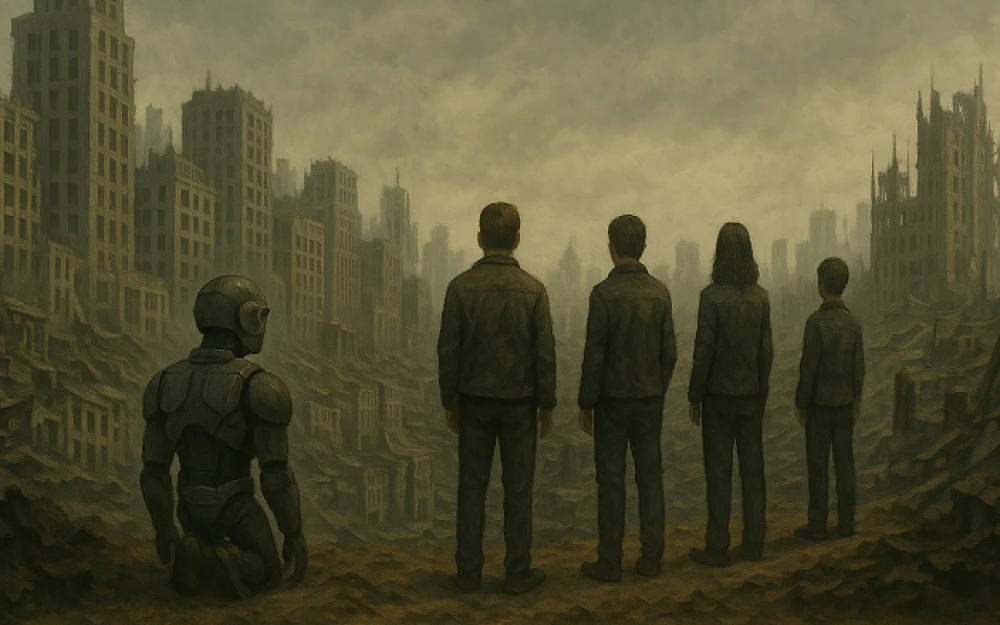
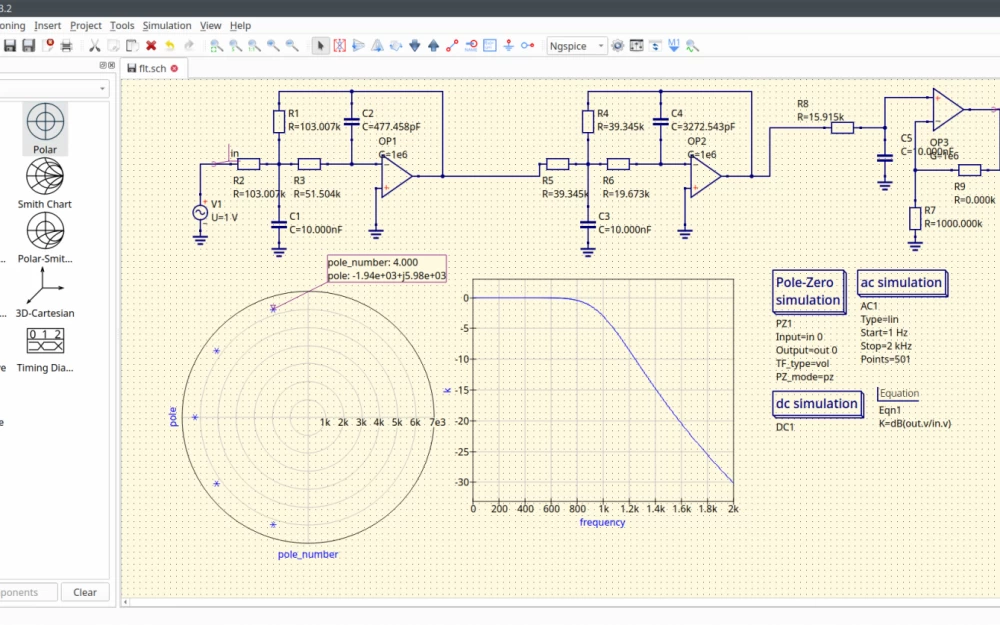
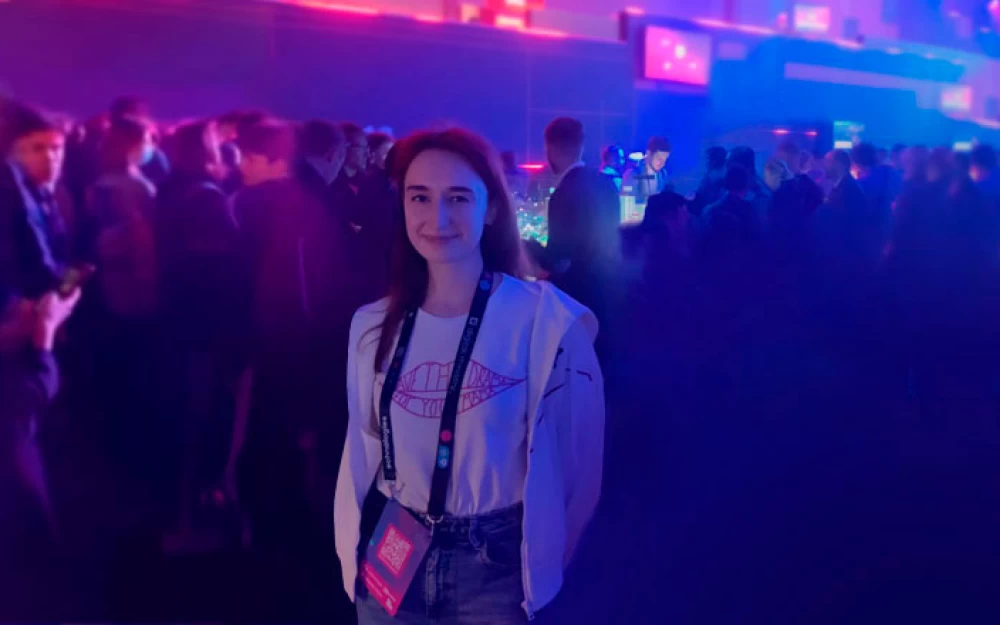
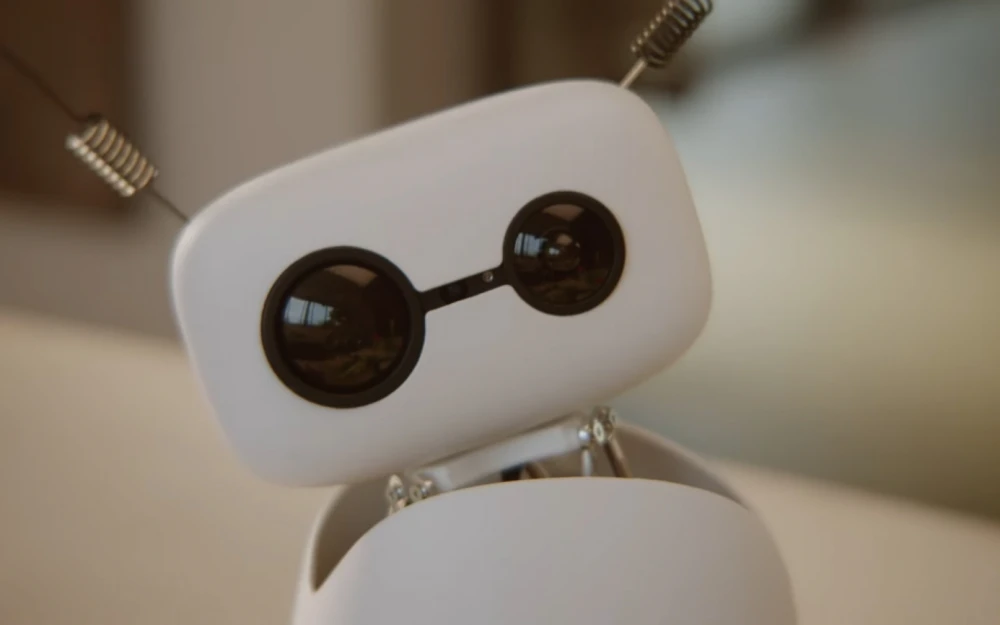


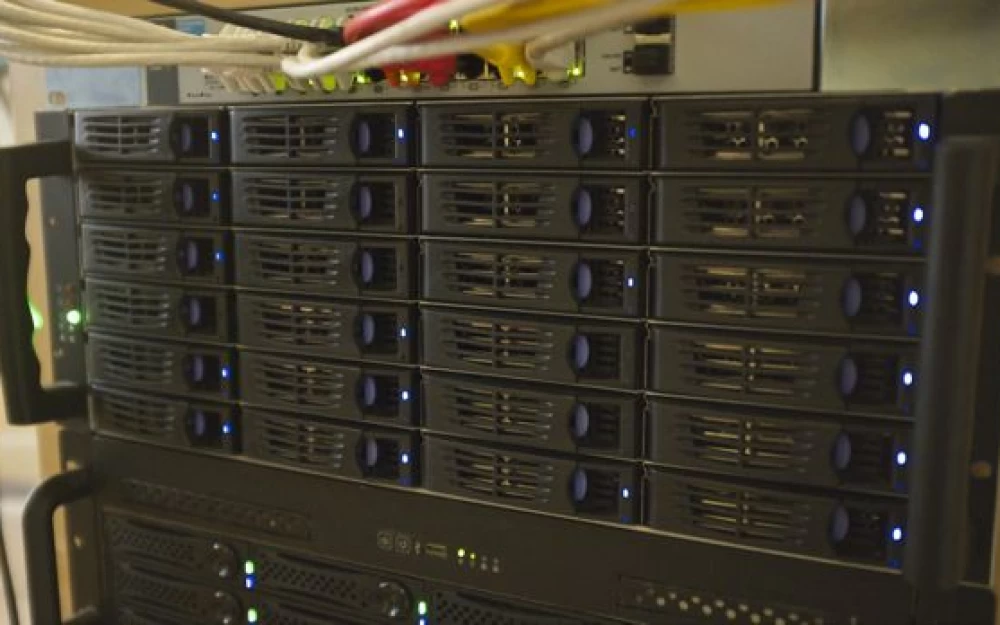

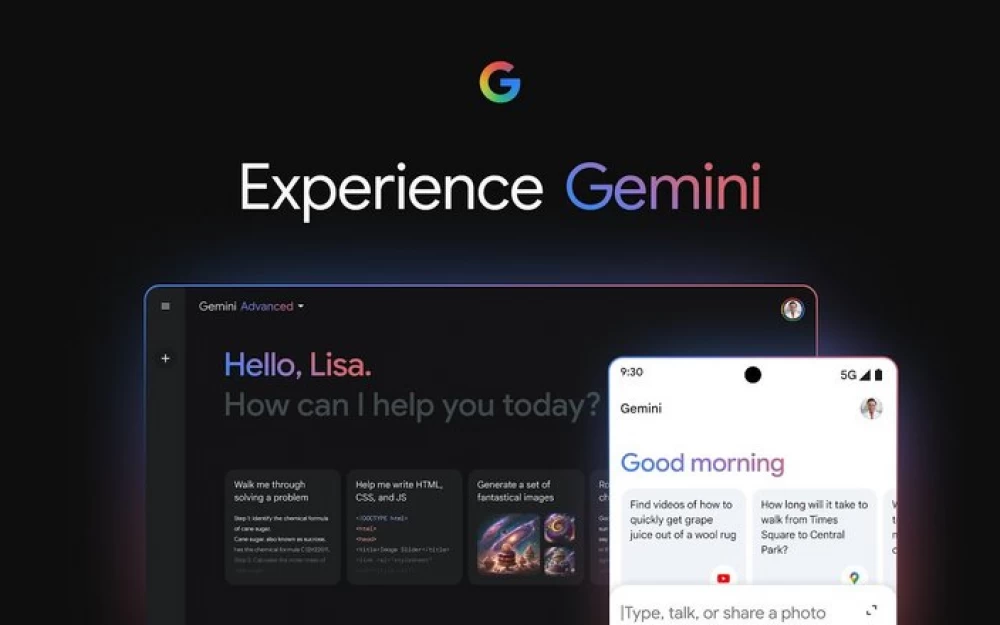

Write comment